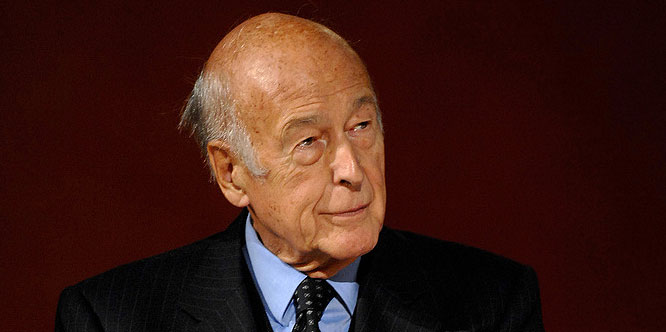This started off as a reply to comments on this post, but got a bit lengthy…

The Convention on the Future of Europe (which drew up the failed EU Constitution) was, in its early stages, a step in the right direction. But – vitally – the public were never fully brought on board despite this being one of the key aims mentioned in the inaugural meeting (and despite the website being quite good, I don’t recall much press coverage or wider debate at the time, nor much effort being made to canvas the views of the peoples of Europe). It ended up being a grand talking-shop for a bunch of lobbyists and politicians (if a slightly wider group of politicians than usual in EU treaty-writing), and coming up with something so vast and complex that it could never be understood by the people it was supposed to sell itself to (though at least it was better on this front than the Lisbon Treaty, I suppose).
It also, as far as I can tell, went far beyond its initial remit – to simplify and clarify the meaning of previous treaties, define the limits of the EU’s power in line with the subsidiarity concept, and push for greater democracy, efficiency and transparency – while not going far enough on any of those main points. It certainly failed dismally in clarifying what the old treaties meant, at any rate – and hell, even the Charter of Fundamental Rights ended up being something countries – i.e. the UK – could opt out of, despite that being another key issue highlighted in the wake of Nice… (Here’s probably not the place to have a moan about what that document includes as fundamental rights, many of which are not so much “rights” as “privileges”…)
What I’d like to see happen (though I have no illusions that it will) now that the Lisbon Treaty also seems to be dying is the birth of a genuine, Europe-wide discussion of the kind Peter mentioned in his first comment – hell, even debates conducted within each state (like that in France in the run-up to their 2005 referendum) would be a start. The Commission’s been making some decent efforts over the last few years, and Margot Wallstrom‘s convinced me that she truly would like a genuine debate while making some good first steps in the right direction – but so far none of these have really taken off, or gone anywhere near far enough.
But this is vital – fundamental. Get the people thinking about the EU, rather than just ignoring it. Get them talking about it. Get them to say what they think it is and what it should be for. Because I’m pretty certain that currently no one knows – and if our representatives at these meetings are starting from a position of ignorance about what the people they are representing actually want, little wonder that they end up with something that the people then reject.
Bruno‘s definitely right about the split between the political establishment and the people. Only the real problem, I’d say, is not at EU level – I’d again agree with Peter (in his second comment), and say it’s the national politicians who are the problem. They don’t know what their people want from the EU, because the people themselves don’t know. But rather than try to get their people thinking and talking about it so they can then, y’know, represent their people, they take the “father knows best” line and forge ahead regardless – in the process constructing an EU without any real guiding principles or final goals, and that the people who have to live with it have had no say in creating.
You wouldn’t start constructing a building with no plans, no idea of the number of floors, rooms, windows and doors, and no idea what the people who are going to be using it are going to be using it for. Yet that’s precisely what’s been happening with the EU for decades. It’s no longer (if it ever was) just a trading block. It’s no longer (if it ever was) heading towards a federal superstate. It’s something altogether new and altogether misunderstood – because the EU itself doesn’t know what it is or what it’s for.
Until the EU works out what it’s for – a purpose that really must be set by the peoples of Europe if it’s going to have any chance at long-term survival – the same unproductive nonsense is going to continue ad infinitum.
(For more along these lines, check out What is the EU for? (Part 1) and the dLiberation blog I did for openDemocracy last year, focussing pretty much exclusively on the problems of getting the people to participate meaningfully in EU reform…)

Pingback: The EU’s Caucasion lessons | Nosemonkey’s EUtopia